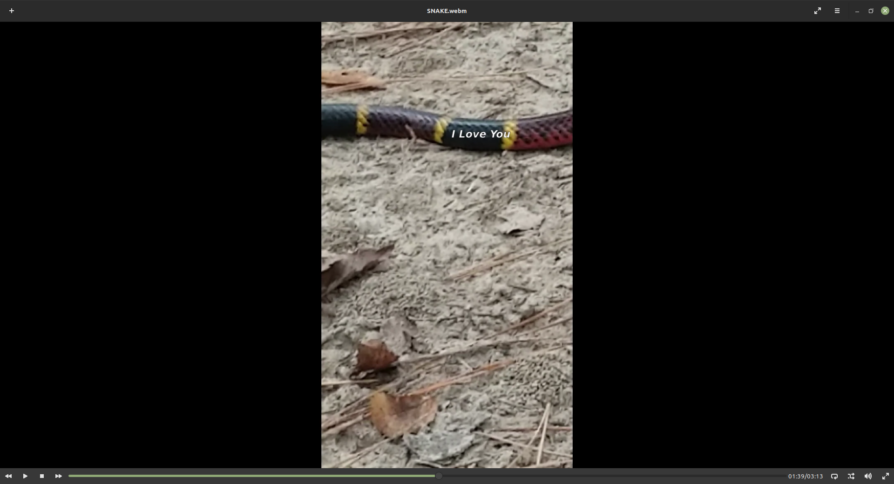Views: 56
I am a snake.
You are the grass.
I am the wine.
You are the cup.
I am a bee.
You are a bud.
I am the seed.
You are a furrow.
I am a shadow.
You are the sun.
I hope to one day thank you.
For what you have miraculously done.
SNAKE IN GREENHOUSE. Grow Barrel Greenhouse

The surprising history of the Fair Isle sweater
[url=https://succariya.com]Elite escorts in Geneva[/url]
Which fashion item is as beloved by members of the royal family as it is by JLo? Or as relevant on the runways of 2024 as in the knitting catalogs of 1960? The answer is surprisingly festive. The Fair Isle knit, a two-stranded knitting tradition originating off the coast of Scotland, has been a wardrobe staple for well over 100 years — keeping everyone from 18th century fisherman to Mick Jagger warm.
In the last five years, luxury brands Ralph Lauren, Thom Browne, Chanel, Celine, Balenciaga, Raf Simons, Versace and Dries van Noten have all sent their renditions of the heritage knit down the catwalk. London-based designer Molly Goddard has even made the pattern something of an unofficial signature, making sure to pair a structured Fair Isle-style knit with a flouncy, tulle skirt in almost every collection.
In short, it has become a winter classic that seems perpetually in vogue. Rom-com leading man, Adam Brody, recently wore a red and white version on the cover of Stylist magazine; while Katie Holmes was snapped running errands in an old beige Fair Isle favorite from 2022.
For those in the northern hemisphere, it’s appropriate to shrug on as soon as the nights draw in right until sweater weather deteriorates. That being said, even in season-less Los Angeles, stars like Hailey Bieber have been seen in the cozy Fair Isle knits grabbing coffees.
Taking its name from the island of Fair Isle — part of the Shetland archipelago about 100 miles off the northeastern coast of Scotland — the knitting technique first began in fisherman’s hats during the 18th and 19th century (our beloved sweaters came much later). The two strand pattern was not only artistic, but made the tall, conical shaped caps extra warm by doubling the textile mass. They often featured a knitted interior lining, too.